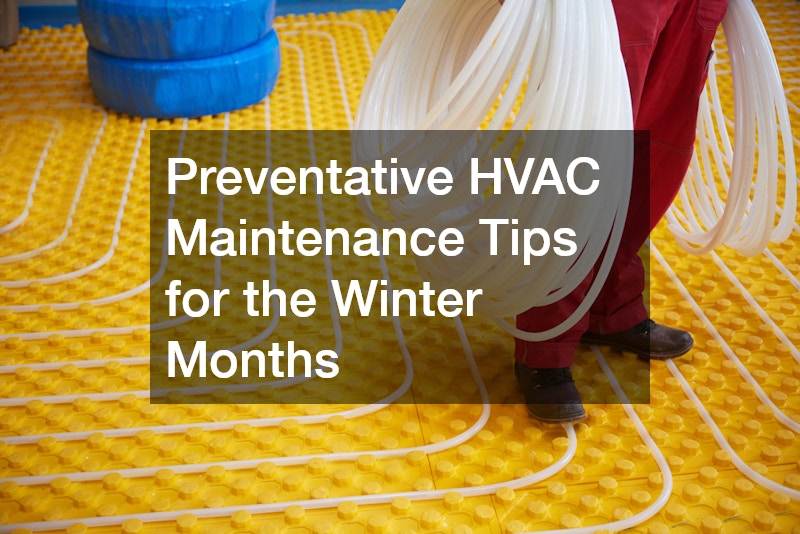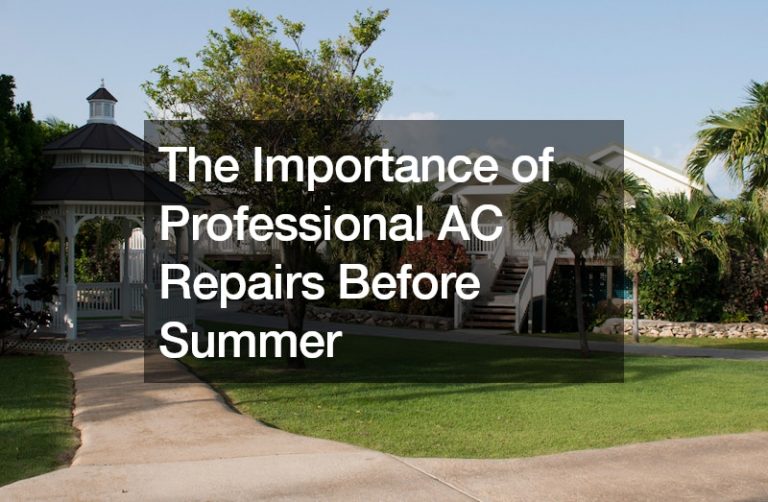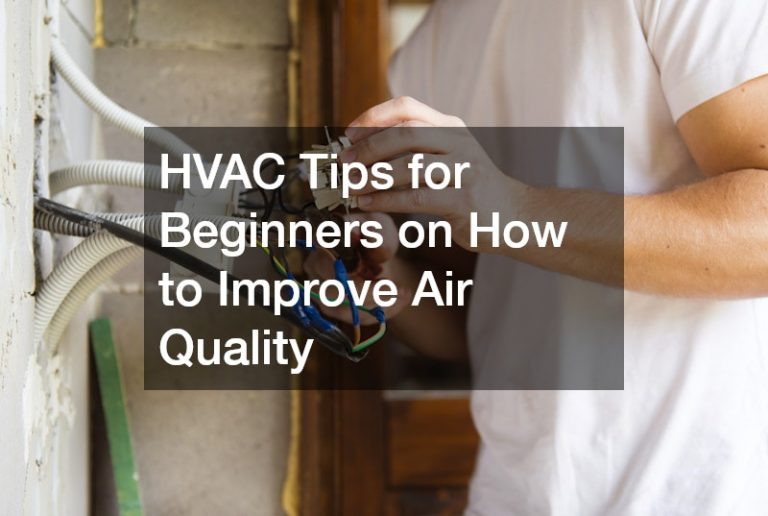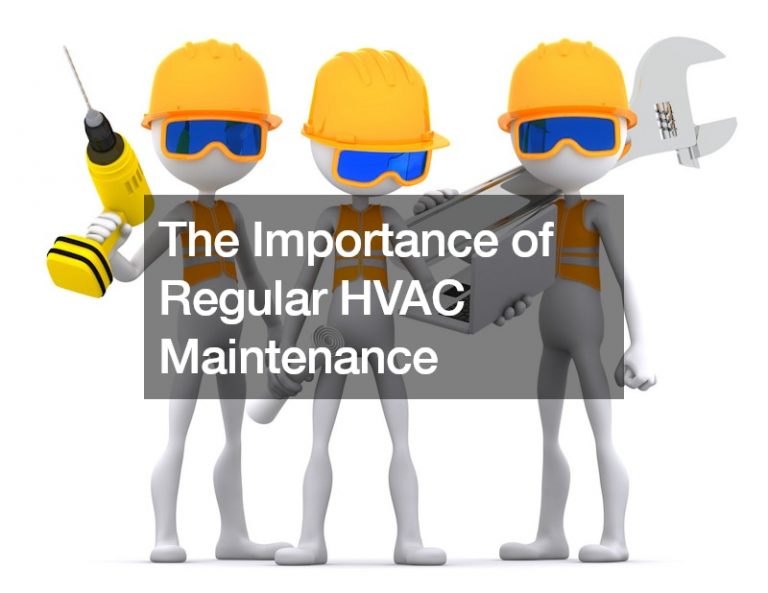Preparing Your Home’s Temperature System for Winter
As the winter months approach, ensuring your home remains warm and comfortable becomes a top priority for homeowners. The demands of colder weather can place significant strain on your HVAC system, making it crucial to prepare it ahead of time. A well-maintained heating system not only ensures consistent warmth but also reduces the risk of unexpected breakdowns during frigid temperatures. One of the most effective ways to achieve this is through preventative HVAC maintenance, which focuses on identifying and addressing potential issues before they escalate into costly repairs or system failures.
Preventative maintenance is about more than just functionality; it’s also about energy efficiency and air quality. By optimizing your system’s performance, you can reduce energy consumption and lower utility bills while maintaining a healthier indoor environment. Winter brings unique challenges such as increased humidity, fluctuating temperatures, and the need for continuous operation, all of which can wear on your system. Regular maintenance ensures your HVAC system is equipped to handle these challenges seamlessly. This guide covers essential preventative HVAC maintenance tips, from preparing your system for optimal efficiency to tackling common concerns like insulation, air filters, and leaks. Whether you’re a seasoned homeowner or tackling winter preparations for the first time, these strategies will help you maintain a reliable heating system that delivers comfort and peace of mind throughout the season. If issues arise that you feel as though you aren’t capable of fixing, contacting professionals is rarely a bad idea.

Preparing Your HVAC System for Winter Efficiency
Preparing your HVAC system for the winter months is the first step to ensuring consistent and energy-efficient heating throughout your home. This process involves clearing away debris from outdoor units, checking for visible damage, and cleaning components to prevent blockages. Routine cleaning ensures that the system operates efficiently, which is essential for keeping heating costs manageable during colder weather. Additionally, scheduling preventative HVAC maintenance at the start of the season allows you to address minor issues before they escalate into significant problems.
For more comprehensive preparation, consider consulting a local HVAC company for a professional inspection and tune-up. These services often include tasks like tightening electrical connections, lubricating moving parts, and checking for proper airflow, all of which contribute to optimal system performance. A professional touch ensures that your HVAC system is fully equipped to handle the challenges of winter and reduces the likelihood of breakdowns during the coldest months.
Inspecting and Replacing Air Filters Regularly
Air filters are a vital component of your HVAC system, as they help maintain indoor air quality by trapping dust, allergens, and other airborne particles. Regularly inspecting and replacing air filters during the winter months is a simple yet impactful way to ensure your heating system operates at peak performance. A clogged or dirty filter can restrict airflow, forcing the system to work harder and consume more energy. This not only increases utility bills but also accelerates wear and tear on your HVAC system, potentially shortening its lifespan. Preventative HVAC maintenance like this helps preserve both air quality and equipment longevity.
If you notice uneven heating or increased dust in your home, it may be time to replace your air filter. For more serious issues, an HVAC repair service can evaluate your system for underlying problems that may be exacerbating the situation. Professionals can recommend the best filter types for your home, including high-efficiency models that offer superior filtration during the winter season. Regular filter maintenance combined with professional guidance can make a significant difference in your HVAC system’s overall performance.
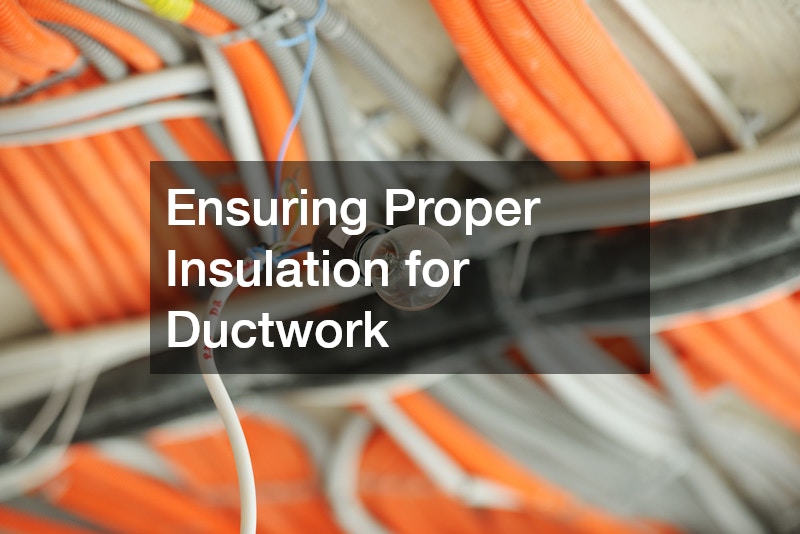
Ensuring Proper Insulation for Ductwork
Proper insulation for your ductwork plays a crucial role in maintaining the efficiency of your HVAC system during the winter months. Without adequate insulation, ducts can lose heat as air travels through them, forcing your system to work harder to maintain consistent indoor temperatures. This not only results in higher energy bills but also reduces the overall comfort of your home. Preventative HVAC maintenance ensures that your ducts are well-sealed and insulated to prevent energy loss and improve system efficiency.
For a more thorough approach, consider working with a roofing contractor to evaluate your home’s insulation and identify areas that may contribute to heat loss. They can recommend and install high-quality duct insulation materials to minimize energy waste and maximize your HVAC system’s performance. By addressing duct insulation proactively, you can enhance the effectiveness of your heating system and create a cozier home environment throughout the winter.
Checking Thermostat Settings for Optimal Performance
Your thermostat is the command center of your HVAC system, and ensuring it is set correctly is essential for winter efficiency. Improper thermostat settings can lead to uneven heating, wasted energy, and unnecessary wear on your system. During the winter, it’s a good idea to lower the temperature slightly at night or when the house is unoccupied, as this can significantly reduce heating costs without sacrificing comfort. Regularly checking and adjusting your thermostat as part of preventative HVAC maintenance helps ensure that your system operates efficiently.
If your home still feels cold despite adjustments, it may be time to upgrade to a programmable or smart thermostat. An advanced thermostat can provide more precise temperature control and energy-saving features tailored to your lifestyle. Consulting an expert in air conditioning systems can help you choose the best model for your home and ensure proper installation. This small change can have a significant impact on your HVAC system’s performance and energy efficiency during the winter months.
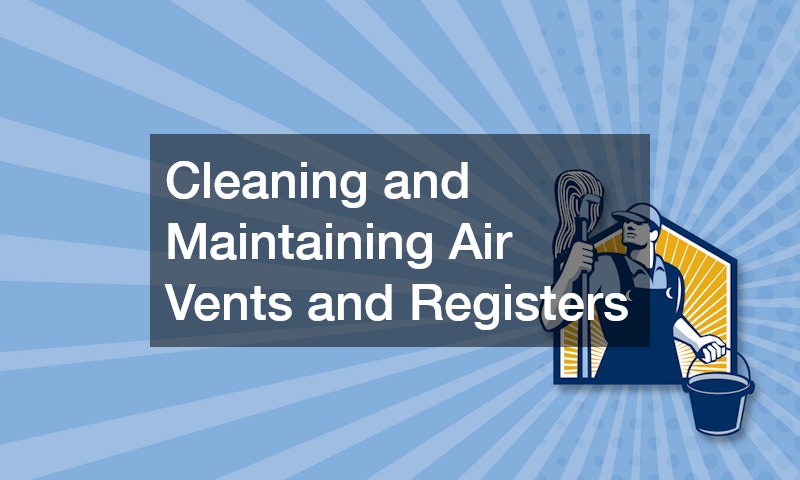
Cleaning and Maintaining Air Vents and Registers
Clean air vents and registers are essential for maintaining proper airflow and system efficiency during the winter. Dust, pet hair, and other debris can accumulate in vents over time, obstructing airflow and reducing the effectiveness of your HVAC system. As part of your preventative HVAC maintenance, regularly cleaning these components ensures that heated air circulates freely throughout your home, maintaining comfort and reducing strain on your system.
If you notice significant dust buildup or poor airflow despite cleaning, it may indicate a deeper issue within your HVAC system. A professional familiar with residential siding and ductwork can inspect and address these concerns, ensuring that your vents and registers are in optimal condition. Proper maintenance of these components not only improves heating efficiency but also contributes to better indoor air quality for your household.
Scheduling a Professional HVAC Inspection
Regular inspections by a qualified technician are a cornerstone of effective preventative HVAC maintenance. A professional inspection ensures your heating system is operating safely and efficiently before the coldest months arrive. Technicians can identify potential issues such as worn components, dirty burners, or improper airflow that might otherwise go unnoticed. Addressing these problems early helps avoid costly breakdowns during the peak winter season and extends the life of your HVAC system.
When scheduling an inspection, look for experts in heat pump repair or similar specialties to ensure a thorough evaluation. Professionals can perform tasks such as calibrating your system, cleaning essential components, and checking for carbon monoxide leaks, which is crucial for your safety. By relying on a skilled technician, you can trust that your HVAC system is prepared to handle the demands of winter while maintaining consistent performance and energy efficiency.
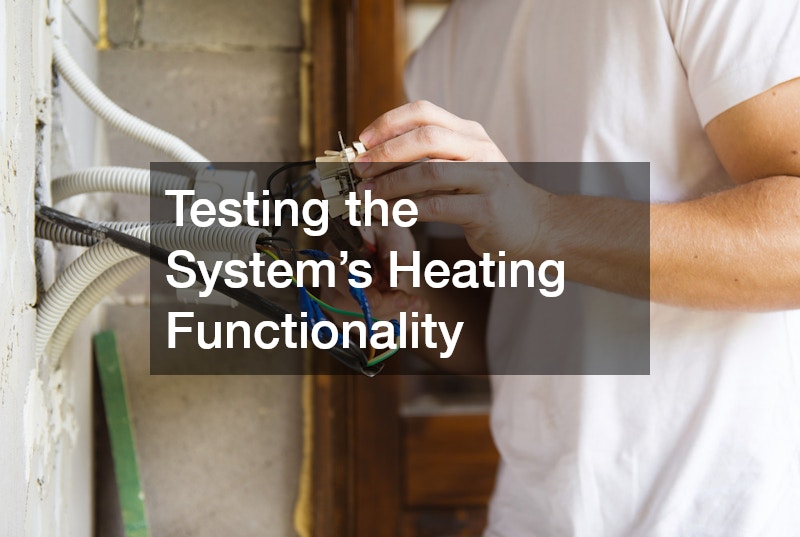
Testing the System’s Heating Functionality
Testing your HVAC system’s heating functionality is essential to ensure it is ready to deliver consistent warmth throughout the winter. This involves running the system before the temperatures drop, monitoring for any unusual sounds or odors, and checking for proper airflow from vents. Identifying issues during a preventative HVAC maintenance check can save you from unexpected system failures when you need it most. Regular testing also ensures that your system is working efficiently, reducing unnecessary energy consumption.
For more complex systems or if problems arise during testing, consult renovation contractors who specialize in HVAC systems. They can address issues such as faulty thermostats, uneven heating, or inefficient airflow. A thorough evaluation and timely repairs by professionals ensure your system is performing optimally, providing your home with the comfort and reliability needed during the coldest months.
Identifying and Addressing Unusual Noises or Odors
Strange noises or odors coming from your HVAC system can indicate underlying issues that require immediate attention. Rattling, banging, or squealing sounds may signal loose or worn components, while unpleasant odors might point to issues such as mold, mildew, or a gas leak. Ignoring these warning signs can lead to more severe problems or even system failure. Incorporating this step into your preventative HVAC maintenance routine ensures that potential issues are addressed promptly, minimizing risks and repair costs.
If unusual noises or odors persist, enlist the help of professionals skilled in plumbing services and HVAC repairs. They can perform a detailed inspection to diagnose the source of the problem and recommend effective solutions. Addressing these issues early not only ensures the safety and efficiency of your heating system but also contributes to a more comfortable and healthy indoor environment during the winter months.
Sealing Leaks in the HVAC System
Air leaks in your HVAC system can significantly reduce its efficiency, causing heat loss and higher energy bills during the winter months. Common areas for leaks include ductwork, windows, doors, and around vents. Sealing these leaks is a vital part of preventative HVAC maintenance, as it ensures your system operates efficiently while maintaining consistent indoor temperatures. Addressing leaks also reduces the workload on your HVAC system, prolonging its lifespan and preventing unnecessary repairs.
For larger or harder-to-detect leaks, consider consulting experts in electrical services who can also evaluate your home’s energy systems. They can use advanced tools such as thermal imaging to identify and seal leaks effectively. By combining professional services with regular maintenance, you can achieve better system performance and a more energy-efficient home throughout the winter.
Maintaining a Consistent Maintenance Schedule
Consistency is key when it comes to preventative HVAC maintenance, and maintaining a regular schedule ensures your system remains in peak condition year-round. Creating a maintenance checklist that includes seasonal inspections, filter changes, and cleaning tasks can help prevent issues before they arise. A consistent schedule not only improves your system’s efficiency but also gives you peace of mind knowing your home will remain comfortable, even during harsh winter weather.
To make maintenance easier, consider installing gutter guards to keep debris from clogging vents and affecting airflow. By pairing this preventative step with regular HVAC care, you can further optimize your system’s performance. Establishing a routine with the help of professionals ensures your system is well-prepared to handle seasonal demands, reducing the risk of costly repairs or unexpected breakdowns.
Addressing HVAC Issues Before They Worsen
Preparing your HVAC system for the winter months is an essential step in ensuring your home stays warm, comfortable, and energy-efficient. Through preventative HVAC maintenance, tasks such as sealing leaks, testing system functionality, and scheduling inspections can keep your heating system operating at its best. These efforts not only reduce energy costs but also extend the life of your HVAC equipment, saving you time and money in the long run. By addressing potential issues proactively and incorporating expert advice, you can maintain a reliable and efficient heating system throughout the colder months. Whether it’s checking air filters, cleaning vents, or consulting professionals for specialized tasks, taking the time to care for your HVAC system makes a noticeable difference.
A well-maintained system not only provides consistent warmth but also creates a healthier indoor environment, allowing you to fully enjoy the winter season with confidence and comfort. Ultimately, preventative care isn’t just about the immediate benefits of warmth and efficiency—it’s an investment in your home’s long-term performance and comfort. A well-maintained HVAC system ensures your home remains a haven from the harsh outdoor conditions, delivering consistent heating and clean air for you and your loved ones. By committing to regular maintenance and addressing issues proactively, you can face the winter season with confidence, knowing that your HVAC system is up to the task. Embrace these practices and enjoy a winter of comfort, reliability, and peace of mind.
